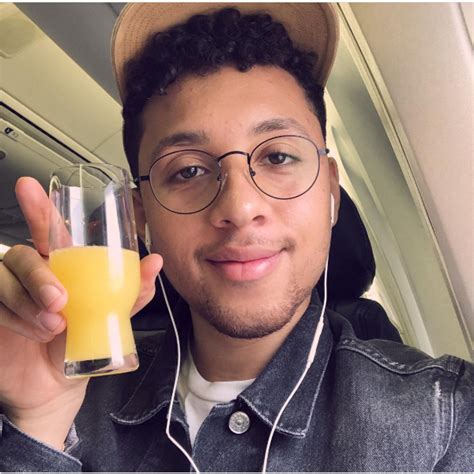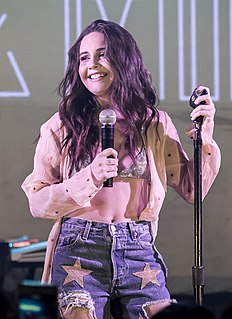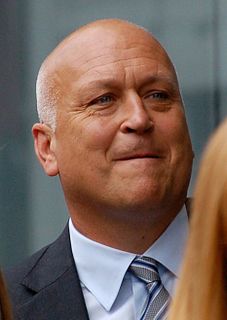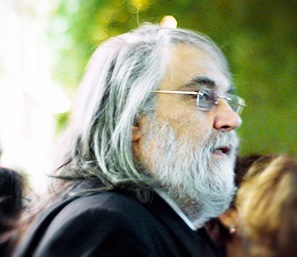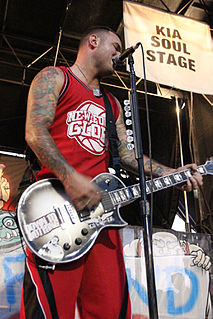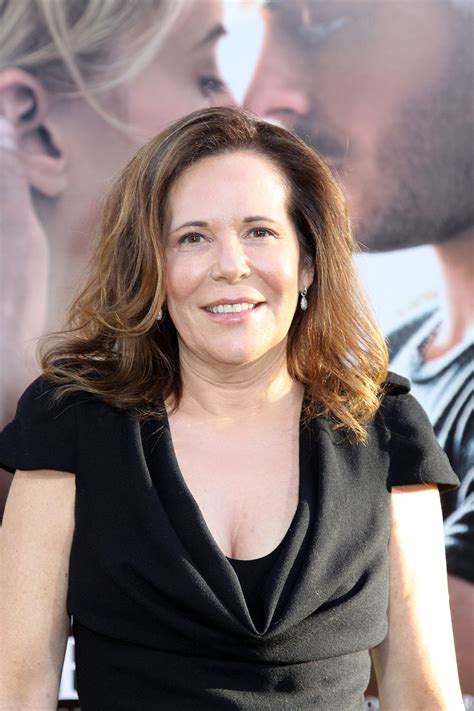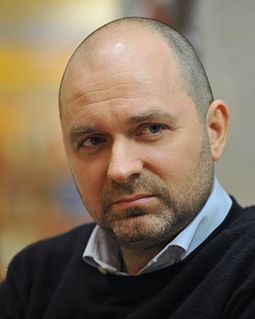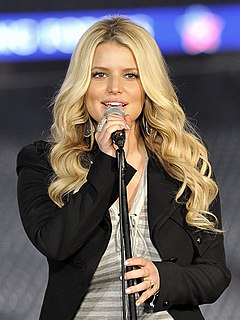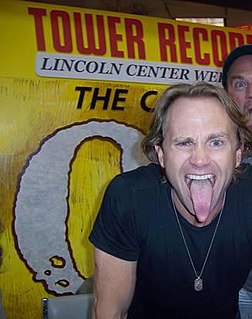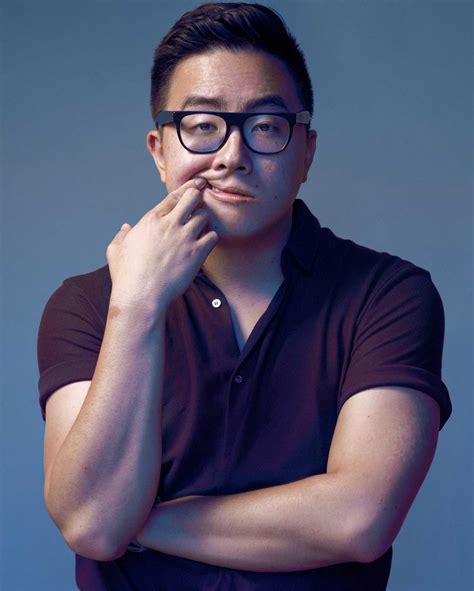A Quote by Tanya Saracho
I always was missing that female brown queer perspective, and I think in 'Vida' we have that. A lot of things I wanted to touch on and deal with, I get to do here.
Related Quotes
What is missing in a lot of urban music is perspective. You hear a lot of regurgitated perspective. It's a lot of: out at the club. Had drinks. Patrón. Big booties. It's this regurgitated idea of living in this, I don't know, one-night-stand moment that always starts at the club and Patrón. And so perspective, perspective, perspective is what I'm an advocate of.
I always wanted to have a young female artist that would tell me the truth about life and not only talk about the good things or the things that were exciting or interesting but also talk about the things that people in general are skeptical to talk about- the bad things that do happen. A good 50% of our lives is things that are happening that we're not necessarily super thrilled about and I feel like that's missing from pop music a lot of the time so my main goal is to be truthful about everything and not just specific things.
It's a fact, the majority of films in Hollywood are from the male perspective. And the female characters, very rarely do they get to speak to another female character in a movie, and when they do it's usually about a guy, not anything else. So they're very male-centric, Hollywood films, in general. So I think it's incredible that Ned Benson, when I said I'd love to know where she goes, says okay, I'm going to write another film from the female perspective.
I was born in an odd spot and was a very sensitive kid. My feelings could get hurt so easily because I always wanted to be loved, I wanted to be touched, I wanted to touch somebody. I wanted everybody to love me, so I think I was louder than I should have been. I was just trying to get attention. I always felt like I was somebody special, maybe it's because I needed to be somebody special.
I think actually one of the things you learn when you get older is, things change. You get a longer perspective. I was quite depressed when I was young. I had a dark cloud hanging over me. But I always felt "this is not the end." It's always changing; it's going up, it's going down. Great things will happen.
A lot of artists I like end up being queer. Or maybe it's a subconscious thing that you can identify of, like, 'Oh this person understands the nuances of the romantic narrative of a queer person, or the social narrative of a queer person.' And then you discover, lo and behold that they are a queer person.
I think a lot of us who had these oddly shaped childhoods, in some ways we're hyper-capable. We're able to take care of ourselves in a lot of ways but it's like we're missing a piece. When everyone went to school to learn how to be a regular person we were sick that day. We compensate other ways. Alcohol and drugs is one of those ways. Instead of learning how to cope with our problems and deal with hardship and deal with anger, we just decide to get drunk and not care.
A lot of different people under the queer umbrella come together but Like there's something inherently queer about the heist genre, in some way. It's about just flying under the radar and procuring something furtively or, you know, that thing that is just so fun and high-stakes in the way that a lot of queer experiences are.


